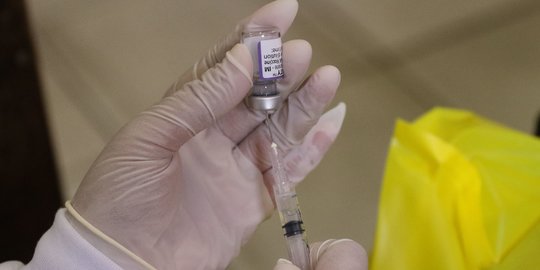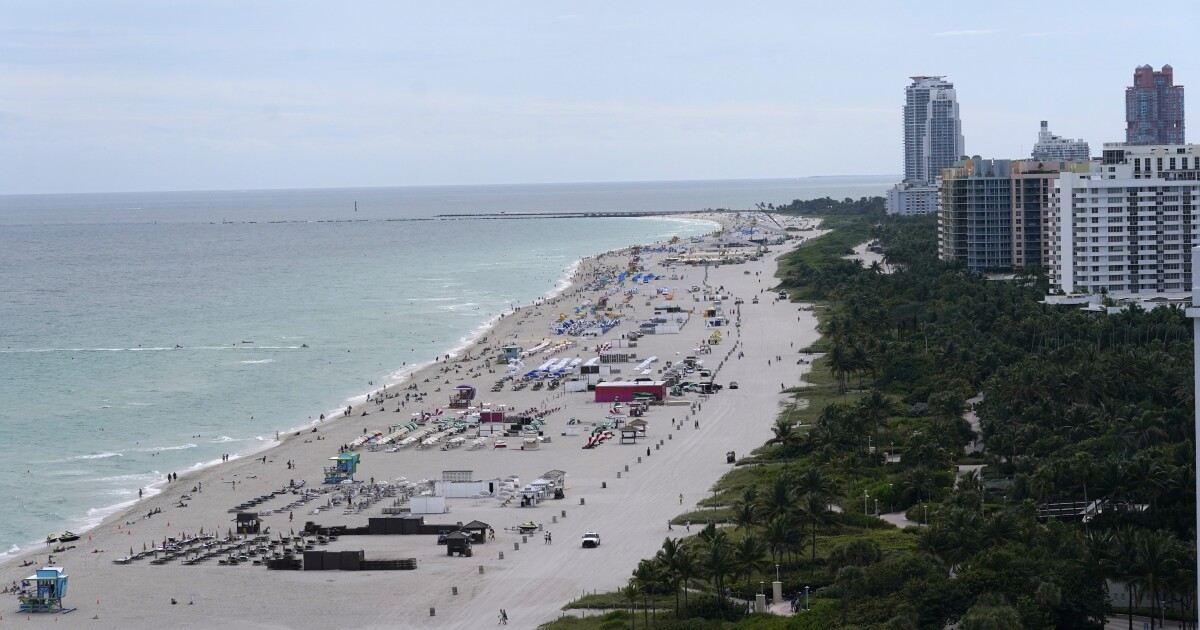At the same time, the World Health Organization (WHO) believes that general travel bans to prevent the spread of the omicron variant of the coronavirus will not be effective.
Several countries have introduced restrictions for travelers, especially to and from southern Africa, after the omicron variant of the coronavirus was discovered in South Africa last week.
– Travel bans will not prevent the international spread, and such restrictions place a great burden on people and their livelihoods. In addition, the restrictions could have a negative impact on global health efforts during the pandemic by preventing countries from reporting and sharing epidemiological data and sequencing data, the WHO said in an update on international travel.
At the same time, they emphasize that people over 60 and others who are vulnerable to coronary heart disease should be “advised to postpone travel”.
Uncertainty about vaccines
Much is still unknown about the omicron variant, including how well the current vaccines against the coronavirus work against it.
The head of the vaccine manufacturer Moderna, Stéphane Bancel, has stated that it looks like the effectiveness of the vaccines will be less against omicron.
– I think there will be a significant drop in efficiency. I do not know how much, because we have to wait for data, but all the researchers I have talked to say that “this will not be good,” says Bancel to Financial Times.
Both Moderna and Pfizer have said that they are working with vaccines specially adapted for omicron, and the EU’s drug agency EMA has announced that these may be approved within four months.
Steps up vaccination
Oxford University also says they are ready to quickly update their AstraZeneca vaccine if necessary. In the UK, vaccination is now being stepped up by a third dose to meet the threat from the omicron variant.
“Vaccine centers will spring up like Christmas trees,” Prime Minister Boris Johnson said on Tuesday when he announced that the government had a goal of giving all adults in the UK a third vaccine dose within two months.
In Germany, the country’s incoming prime minister, the Social Democrat Olaf Scholz, is in favor of a general vaccination obligation for German citizens. He wants the Bundestag to decide the case as soon as possible.
New findings
Nearly 70 countries have introduced entry restrictions from southern Africa in connection with the discovery of omicrons, and the WHO has previously set the risk level for omicrons as “very high”.
At least 17 countries have registered omicron infections, including Sweden and Denmark. The number is expected to rise.
The variant was first discovered in South Africa, but the origin is unknown. The Dutch health authorities announced on Tuesday that omikron was present in the country as early as 19 November.
The Netherlands is also in the process of testing several older samples, to see how far the infection has spread.
Affects the markets
The threat from the omicron variant and the uncertainty surrounding the vaccines’ effectiveness against the variant has had an impact on global markets. On Friday, the news of the discovery of the variant led to sharp falls on stock exchanges around the world.
Both the European stock exchanges and Wall Street turned around on Monday and started the week with a rise, but concerns about the economic consequences associated with the new virus variant dragged the markets down on Tuesday. The price of oil also fell markedly.
It seems in particular to have been the statements from the Moderna boss that worried investors.
–


